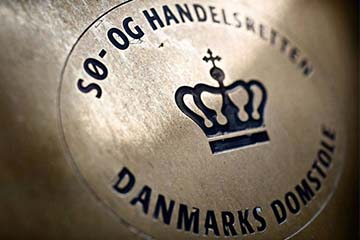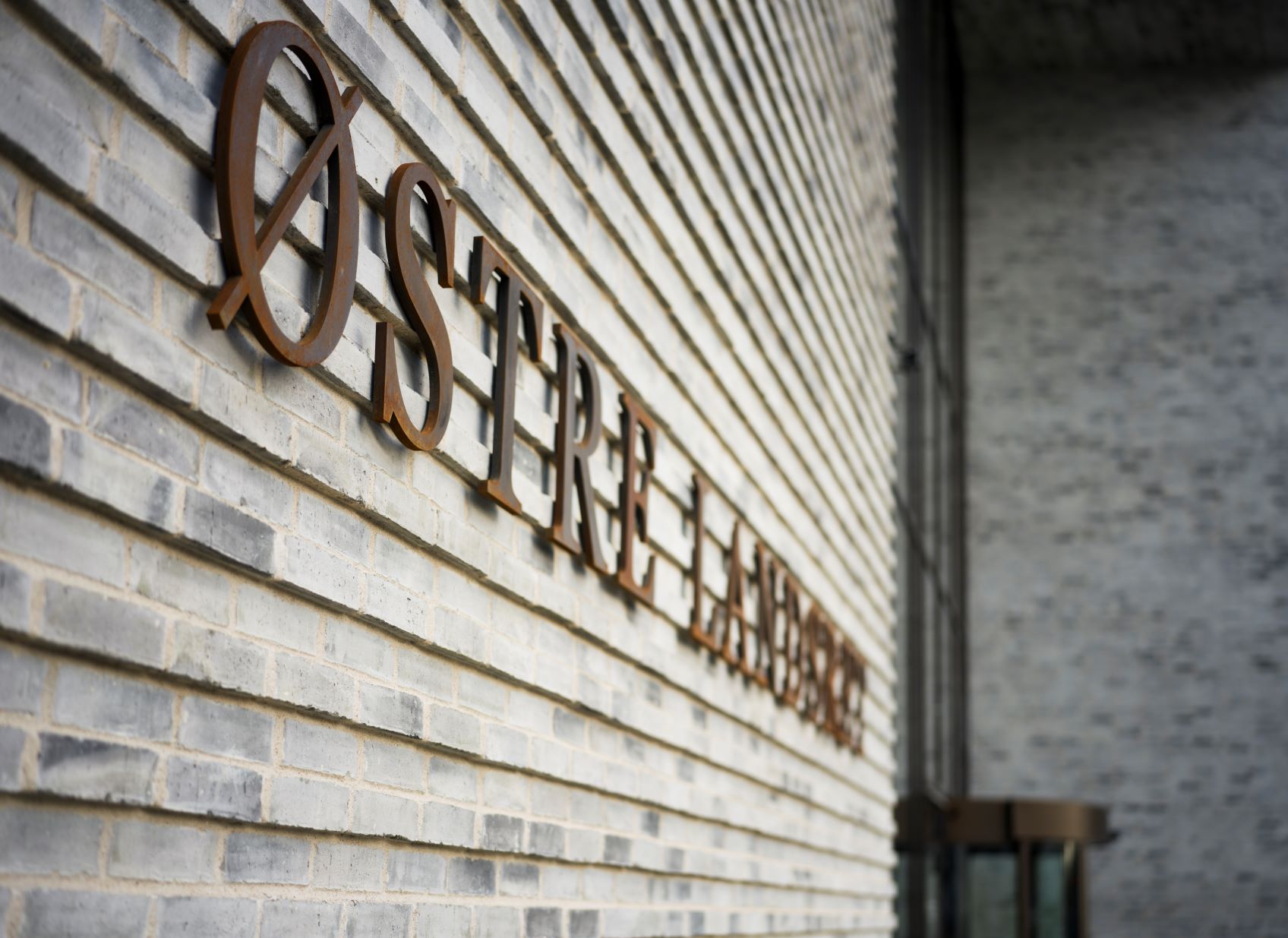Danish employee inventor not entitled to additional compensation
The Danish Maritime and Commercial High Court has established that an employee was not entitled to additional compensation for an invention. The inventor was, however, not obligated to assign prototypes and drawings to the employer.
Under Danish law, employee inventors are entitled to reasonable compensation if the employer requires the assignment of an invention, and the value of the invention exceeds what the employee, given the terms of employment, may reasonably be expected to produce.
When determining the size of the compensation, Danish law stipulates that the following factors should be considered: (i) the value of the invention, (ii) the significance of the invention for the employer, (iii) the employee's terms of employment, and (iv) the significance of the employee's services for the invention.
In the case at hand, the employee had assigned the invention to the employer for a compensation of Euro 7,000, but with the specific clause in the assignment agreement that this amount could be subsequently challenged at the courts, which the employee then did.
The court held that when determining (i) the value of the invention and (ii) its significance for the employer, it had to be taken into consideration that the employer had developed the original idea further for three years and produced six prototypes. However, the court also pointed to the fact that the employer had then abandoned both the project and the PCT application. In relation to (iii), the court held that the employee was employed as a "sales engineer" and received a monthly pay of around Euro 7,500, but that the employee - despite the job title - was also employed to participate in product development. The significance of the employee's services for the invention (iv) was considered to be "substantial", as it was clear that the employee had come up with the original idea behind the invention based on a conversation with a customer. In light of this, the court concluded that the compensation of Euro 7,000 was adequate and dismissed the employee's optimistic claim for Euro 240,000.
The employer had filed a counter claim asking that the employee assign the employee's initial prototypes and drawings to the employer. The court held that there was no legal basis for such a claim and noted that the employee had not misused any trade secrets.
The judgment clarifies the issues to be considered when determining the size of the employee compensation and probably affirms that a compensation exceeding a month's pay requires a specific commercial context.
Read the decision of 8 February 2022 (in Danish)







